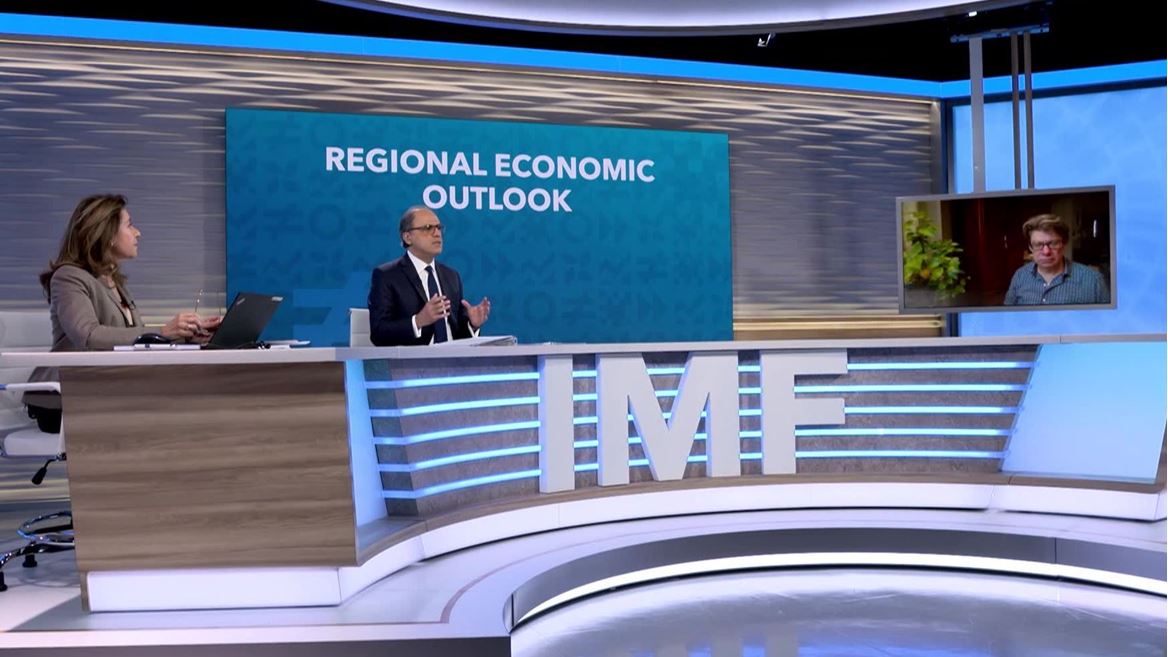IMF / Middle East and Central Asia Department’s Regional Economic Outlook

The war in Ukraine and sanctions on Russia are exacerbating the divergence in recovery prospects for the Middle East and Central Asia, announced the IMF today (April 27).
Despite better-than-expected momentum in 2021, the economic environment in 2022 is defined by extraordinary headwinds and uncertainties, particularly for commodity importers, with higher and more volatile commodity prices, rising inflationary pressures, faster-than-expected monetary policy normalization in advanced economies, and a lingering pandemic.
“Last year, the Middle East and Central Asia experienced a better-than-expected recovery, a result of strong domestic demand, with real GDP growth revised at 5.8 percent in the Middle East and North Africa and to 5.6 percent in the Caucasus and Central Asia. However, inflation also surged and remains elevated. This has reduced countries’ monetary policy space when fiscal policy was already constrained with higher post-pandemic public debt,” said Jihad Azour, Director of the Middle East and Central Asia Department at the IMF.
Prospects for oil and gas exporters in the Middle East and North Africa have improved, while countries in the Caucasus and Central Asia face a particularly challenging outlook given linkages to Russia and Ukraine.
“We project real GDP growth in the MENA region at 5 percent in 2022. While this is a 0.9 percentage point upgrade from October, this forecast masks significant differences across countries, with oil exporters upgraded due to higher energy prices and production in line with the OPEC+ agreement, and most emerging market and middle-income countries and low-income countries downgraded. In the CCA region, real GDP is projected to grow by 2.6 percent in 2022, a 1.5 percentage point downgrade from October, which reflects the profound impact of the war in Ukraine on the countries in this region,” added Azour.
Downside risks include a prolonged war and further sanctions on Russia, tighter-than-expected global financial conditions, possible deanchoring of inflation expectations, a sharper slowdown in China, and new pandemic outbreaks. Policymaking has become increasingly complex, with dwindling macro policy space to deal with shocks, amid high debt and inflation.
Policies will need to be calibrated carefully to country circumstances to manage uncertainties, maintain macroeconomic stability, and support the recovery while protecting the most vulnerable and ensuring food and energy security. Structural reforms have become even more urgent to prevent scarring from the pandemic and the war and ensure an inclusive recovery.
“The IMF continues to work closely with the region, providing policy advice and technical support, as well as $20 billion in financing to the Middle East and Central Asia region since the beginning of the pandemic. The Fund has also allocated $49.3 billion of Special Drawing Rights to supplement the region’s reserve assets, which will help countries cope with policy tradeoffs. The IMF’s recently approved Resilience and Sustainability Trust, which will help steer resources to countries that need them most, could also help in this effort,” said Azour.
To watch the full press briefing, click here.





